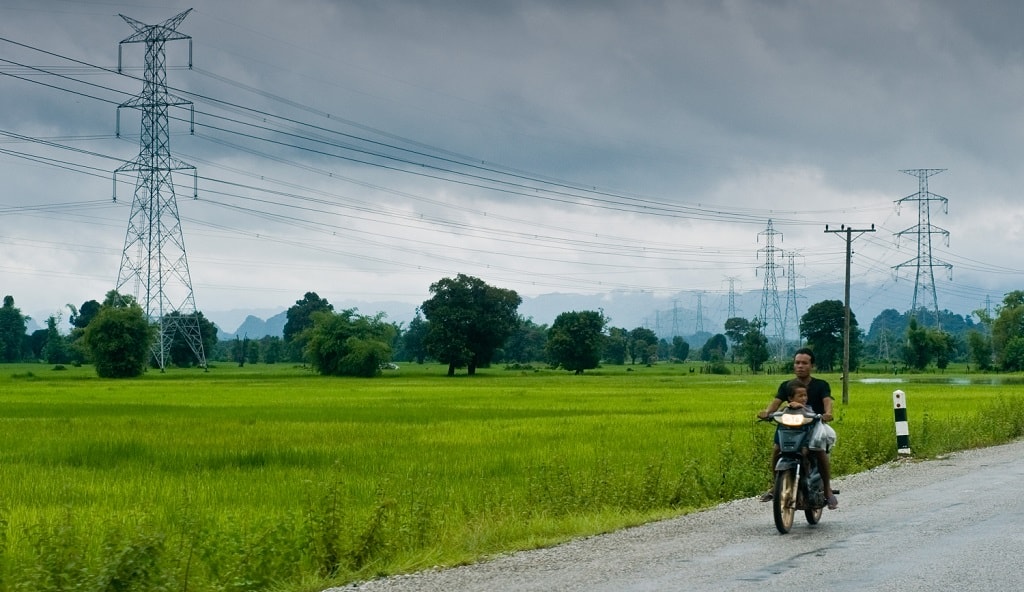ADB Supports Energy Investment Planning in Southeast Asia

The technical assistance covers the preparation of energy projects in Southeast Asia, such as developing priority power interconnections for cross-border trade of electricity in the Greater Mekong Subregion. Photo: ADB.
The Asian Development Bank (ADB) has approved technical assistance for energy projects in Southeast Asia, including the Greater Mekong Subregion (GMS) Cross-Border Power Trade and Distribution Project. ADB will enhance the capacity of countries in the region to plan and implement energy investments, and promote knowledge sharing and best practices in the use of renewable energy resources and clean technologies.
Cofinanced by the Clean Technology Fund and Clean Energy Fund, the technical assistance from ADB amounts to more than $5 million. It will initially support the preparation of seven projects in Southeast Asia, where an estimated 65 million people do not have electricity and 250 million rely on biomass for cooking.
Cross-border power transmission
The proposed GMS Cross-Border Power Trade and Distribution Project will lay the groundwork for regional power interconnection. It will help the Lao People’s Democratic Republic (Lao PDR) expand access to low-cost, reliable power in rural areas and develop priority power interconnections between the Lao PDR and its neighbors to increase cross-border power trade.
The Lao PDR borders all the other member countries of the GMS—Cambodia, People’s Republic of China, Myanmar, Thailand, and Viet Nam. The country has a large hydropower potential estimated at more than 25,000 megawatts. Given its central location and ability to supply power to energy-deficient neighbors, the Lao PDR has been called the “battery of Southeast Asia.” It exports electricity primarily to Thailand and Viet Nam.
The six other projects that will receive technical assistance are:
- Support for a Sustainable Power Sector in Cambodia,
- Carbon Capture and Storage Activity in the Natural Gas Processing Sector in Indonesia,
- Geothermal Sector Project in Indonesia,
- Power Network Development Program II in Myanmar,
- Sustainable Rural Power Supply Project in the Philippines, and
- Accelerating Renewable Energy and Energy Efficiency Expansion in Viet Nam.
Access to modern energy varies among Southeast Asian countries. Their investment and capacity building needs differ but generally include energy generation, transmission, distribution, energy efficiency, and investment planning capacity to minimize the energy sector's carbon footprint.
The project will provide project preparatory assistance, technical support, policy advice, knowledge sharing, and capacity building, and strengthen due diligence and improve project readiness.
Last Updated: 9 November 2018
